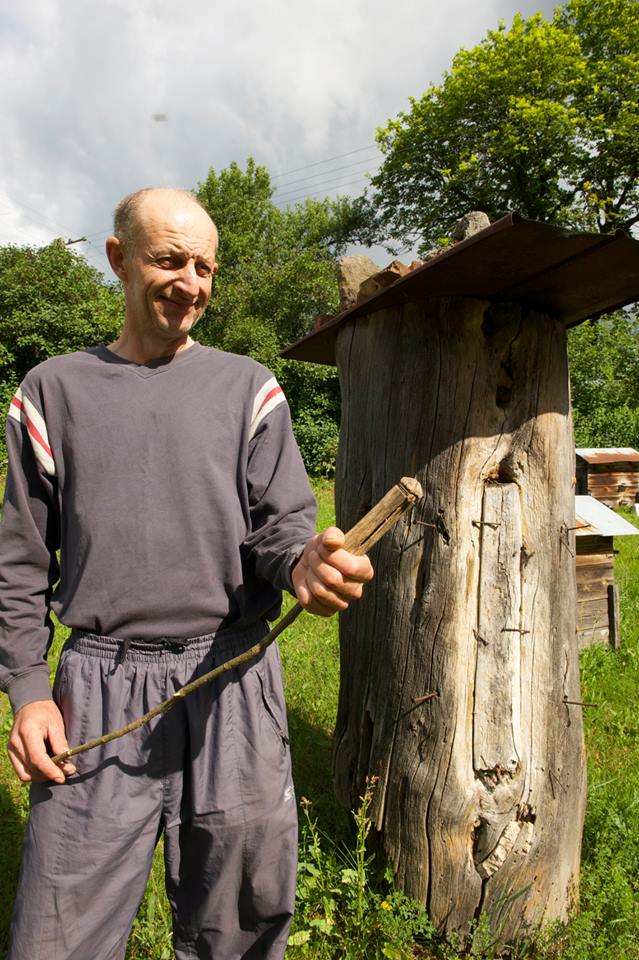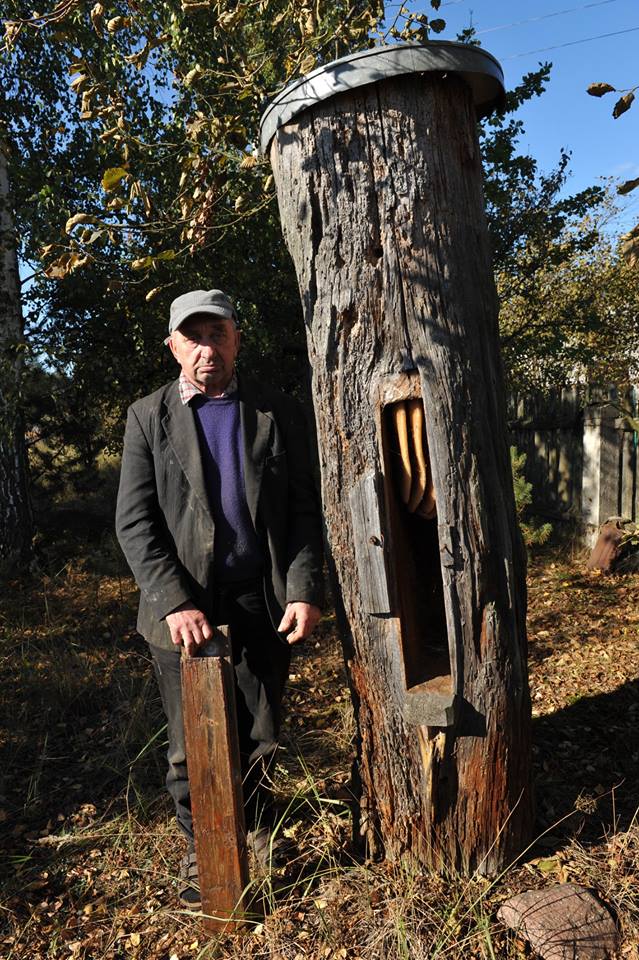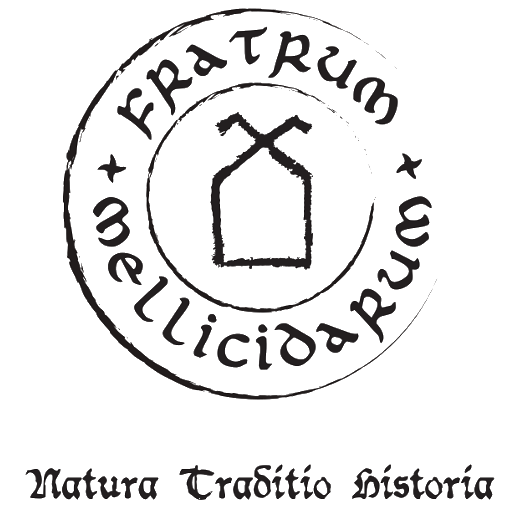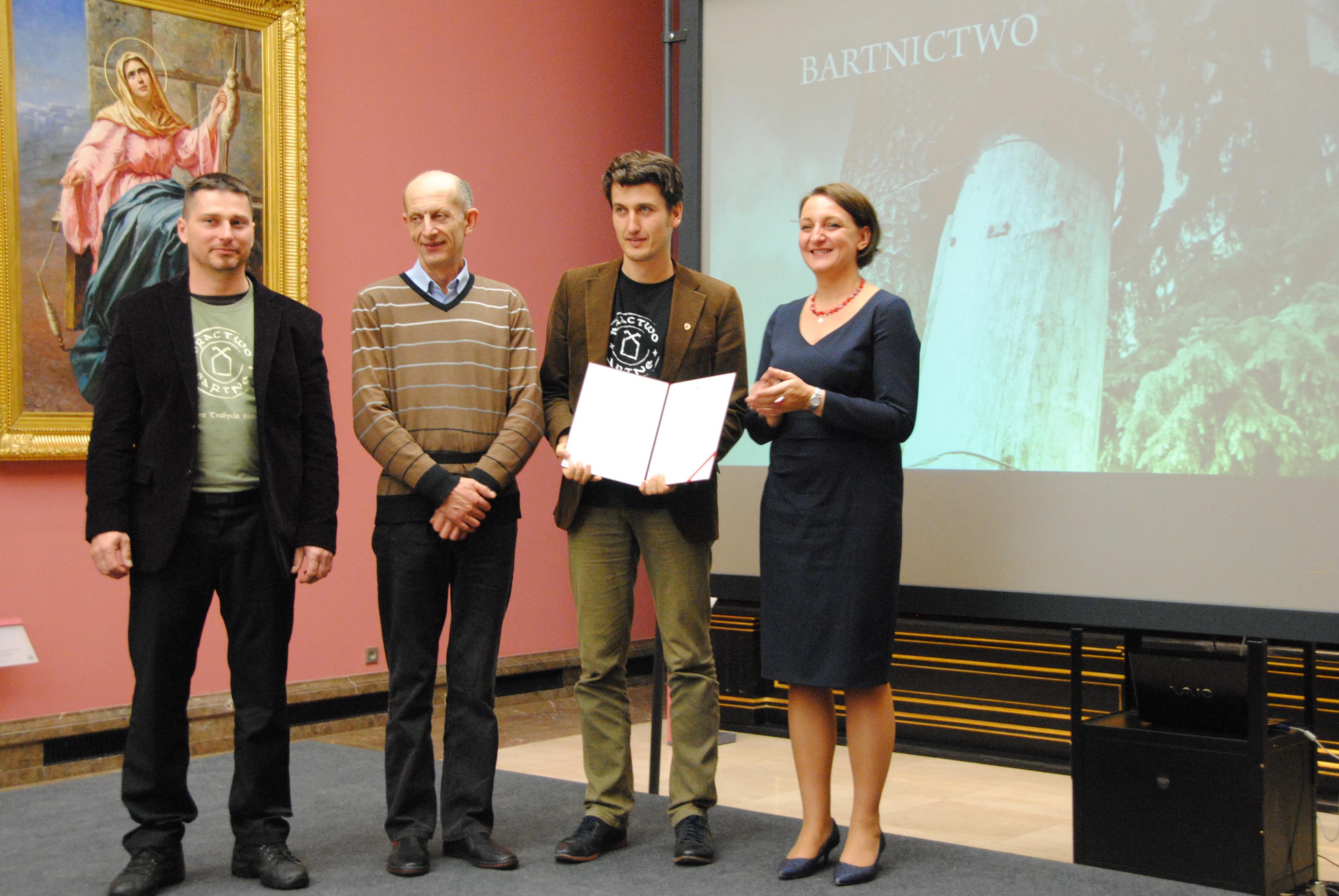In Krakow, on the 4th of October, 2016, delegates from Bractwo Bartne met with the Polish Minister of Culture and National Heritage. On this proud day, tree beekeeping (bartnictwo) became officially recognised as a part of the Intangible Cultural Heritage of Poland. The application was prepared by our organisation and Prof. Krzysztof Hejke.
Tree beekeeping enjoys a more than 1,000 year old history in Poland. The golden era of this profession was from the Middle Ages up until the 16th and 17th centuries, when the territories of modern Poland, Lithuania, Belarus and the Ukraine formed one country and culture under the Polish-Lithuanian Commonwealth.
However, since the 19th century, the tradition of tree beekeeping has been almost entirely replaced by conventional beekeeping. Despite this, the craft has survived in many remote villages inside Belarus. We have managed to find and check the few links that connect us to the bygone era of tree beekeeping, in what is today modern Poland. Together with Prof. Hejke we have located and interviewed the last remaining people from the Kurpie and Augustów Forest regions, who have preserved elements of their familial tree beekeeping traditions. These include living and working in harmony with and respect for nature and its laws. One of the people we located is Mr. Niemkiewicz from Augustow Forest. His father taught him a special kind of log hive beekeeping many decades ago. This is the only kind of beekeeping that his family know. Mr. Niemkiewicz joined us in Krakow on the day we celebrated the recognition of tree beekeeping as a part of Polish history, tradition and culture.

Mr. Niemkiewicz at his bee farm. Photo by Prof. Krzysztof Hejke

Mr. Konopka from Kurpie, presenting his log hives made from tree with hive which was cut down many decades ago. photo by prof. Krzysztof Hejke
Tree beekeeping (PL bartnictwo) is a set of practices, knowledge and traditions focusing on honey bees, their habits, preferences and behaviours. It is based on the belief that honey bees are better off living high above the ground and that man should not interfere in the development of the bee colony.
Tree beekeepers hollow out the trunks of living trees (tree hives) or logs (log hives), so that bees can settle in them. Tree beekeepers seldom visit their hives – usually only a few times a year. The collecting and harvesting of honey is usually in autumn, traditionally after the nativity of the Blessed Virgin Mary (8th of September). Only a small amount of honey is collected, so that the bees can live from the rest.
It is believed that only a righteous and honest man should take care of bees. The status of a tree beekeeper is therefore something to be proud of.



